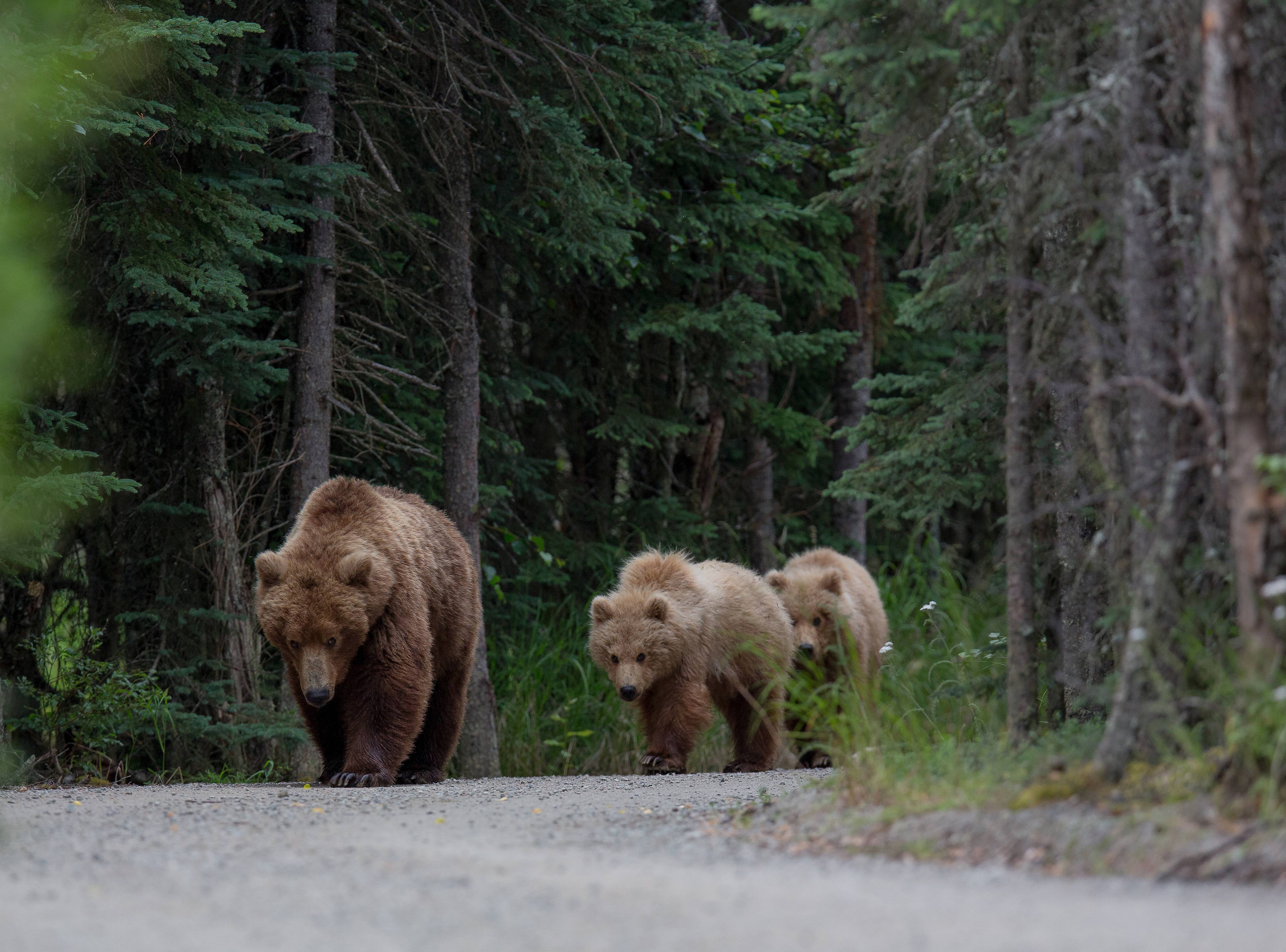
Mammals are moving less as humans alter their landscapes
Researchers at Goethe University Frankfurt are reporting that mammals are much less mobile in human-modified landscapes. The study is the first to examine the movement of many different species across the globe in both natural and man-made settings. The experts say that this decreased mobility may have widespread consequences.
A team led by biologist Dr. Marlee Tucker has shown that animal movement is significantly reduced in areas which have been altered by people. The study revealed that mammals move across up to 50 percent less distance in human-affected regions compared to what they cover in more preserved land areas.
Tucker and 114 co-authors collected movement data from 803 animals of 57 different species from all over the world.
“Our study looks at everything from hares to wild boars to elephants,” said Tucker. “The scientists in our team equipped individual animals with a GPS tracking device that recorded each animal’s location every hour for a period of at least two months.”
The results were compared to data from the Human Footprint Index. This tool provides measurements of how much an area has been altered by human activities such as infrastructure and agriculture.
Over a period of 10 days, the mammals were found to only cover a half to one third of the land in areas with a large human footprint compared to those animals in natural landscapes. The study also revealed that, over the course of time frames shorter than ten days, movement among the mammals was no different between the varying landscapes.
The researchers said that the animals may move less simply because they have changed their behavior to adapt to human activities.
“In some of these areas there might be more food available so that animals do not need to cover such large distances,” said co-author Dr. Thomas Mueller. “In addition, landscape fragmentation and barriers created by infrastructure might limit mammalian movements.”
The experts pointed out that the reduced travel distances could affect the productivity of ecosystems that depend on animal movements.
“It is important that animals move, because in moving they carry out important ecological functions like transporting nutrients and seeds between different areas,” explained Tucker. “Additionally, mammalian movements bring different species together and thus allow for interactions in food webs that might otherwise not occur. If mammals move less this could alter any of these ecosystem functions. For example, the dispersal of plant seeds by animals between different habitats could be endangered.”
The study is published in the journal Science.
—
By Chrissy Sexton, Earth.com Staff Writer
Image Credit: © Adam Wajrak













